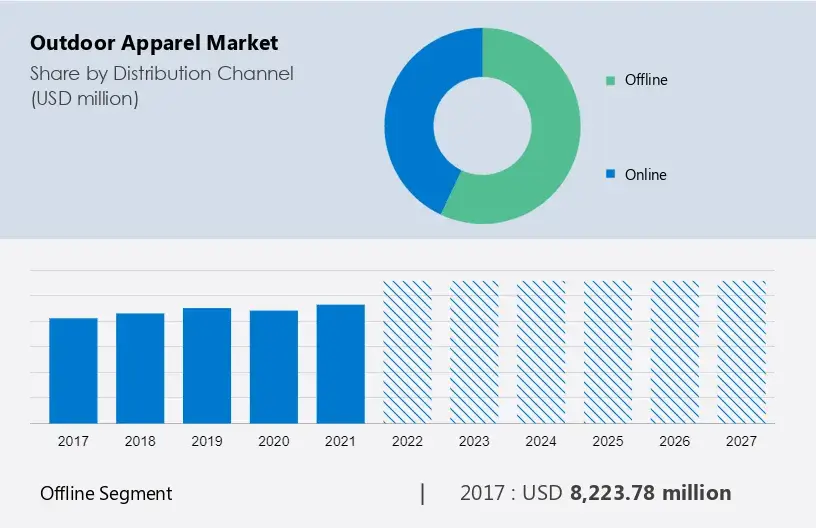Digitalization and Experiential Shopping: The Future of Travel Retail Market
The travel retail market, also known as duty-free retail, is a niche market that caters to consumers who are traveling internationally. The market includes products such as cosmetics, fragrances, alcohol, tobacco, and luxury goods, among others. The global travel retail market has witnessed significant growth in recent years, driven by factors such as increasing air travel, rising disposable income, and changing consumer preferences. In this article, we will discuss the trends, growth opportunities, and challenges in the travel retail market.
Trends in the Travel Retail Market
One of the key trends in the travel retail market is the increasing demand for experiential shopping. Consumers are looking for unique and immersive shopping experiences that enhance their travel experience. Retailers are responding to this trend by offering personalized services, exclusive products, and engaging store designs that cater to the needs of travelers.
Another trend in the travel retail market is the rise of digitalization. Consumers are increasingly using digital platforms such as mobile apps and e-commerce sites to research and purchase products before and during their travels. Retailers are responding to this trend by offering digital services such as pre-ordering, click-and-collect, and home delivery, making shopping more convenient for travelers.
Growth Opportunities in the Travel Retail Market
The travel retail market presents significant growth opportunities for brands and retailers.To succeed in the market, brands need to focus on product innovation, quality, and customer experience.
One of the growth opportunities in the travel retail market is the expansion into emerging markets. The growth of air travel in emerging markets such as Asia, Africa, and South America has led to an increase in the number of travelers. Brands that expand into these markets can tap into the growing demand for travel retail products and gain a competitive advantage.
Another growth opportunity in the travel retail market is the use of data analytics. Retailers can leverage data analytics to better understand consumer preferences and behavior, and tailor their product offerings and marketing strategies accordingly. This can lead to increased sales and customer loyalty.
Challenges in the Travel Retail Market
Despite the growth opportunities, the travel retail market also faces several challenges. The pandemic has led to a decline in air travel, resulting in a decrease in the number of travelers and sales in the travel retail market. The recovery of the travel retail market is dependent on the return of air travel to pre-pandemic levels.
Another challenge in the travel retail market is the threat of e-commerce. The rise of e-commerce has led to increased competition for travel retail, as consumers can now purchase products online and have them delivered to their homes. Retailers need to adapt to this trend by offering digital services and enhancing the in-store shopping experience to remain competitive.
Conclusion
In conclusion, the travel retail market presents significant growth opportunities for brands and retailers. Innovation, quality, and customer experience are key to success in this highly competitive market. Brands that focus on experiential shopping, digitalization, and data analytics can tap into new demand and differentiate themselves from their competitors. However, the market also faces challenges such as the impact of the COVID-19 pandemic and the threat of e-commerce. Brands need to adapt to the changing market dynamics and consumer behavior to stay competitive and succeed in the travel retail market. Overall, the travel retail market is expected to continue growing in the coming years, driven by the increasing demand for unique and immersive shopping experiences among travelers.
